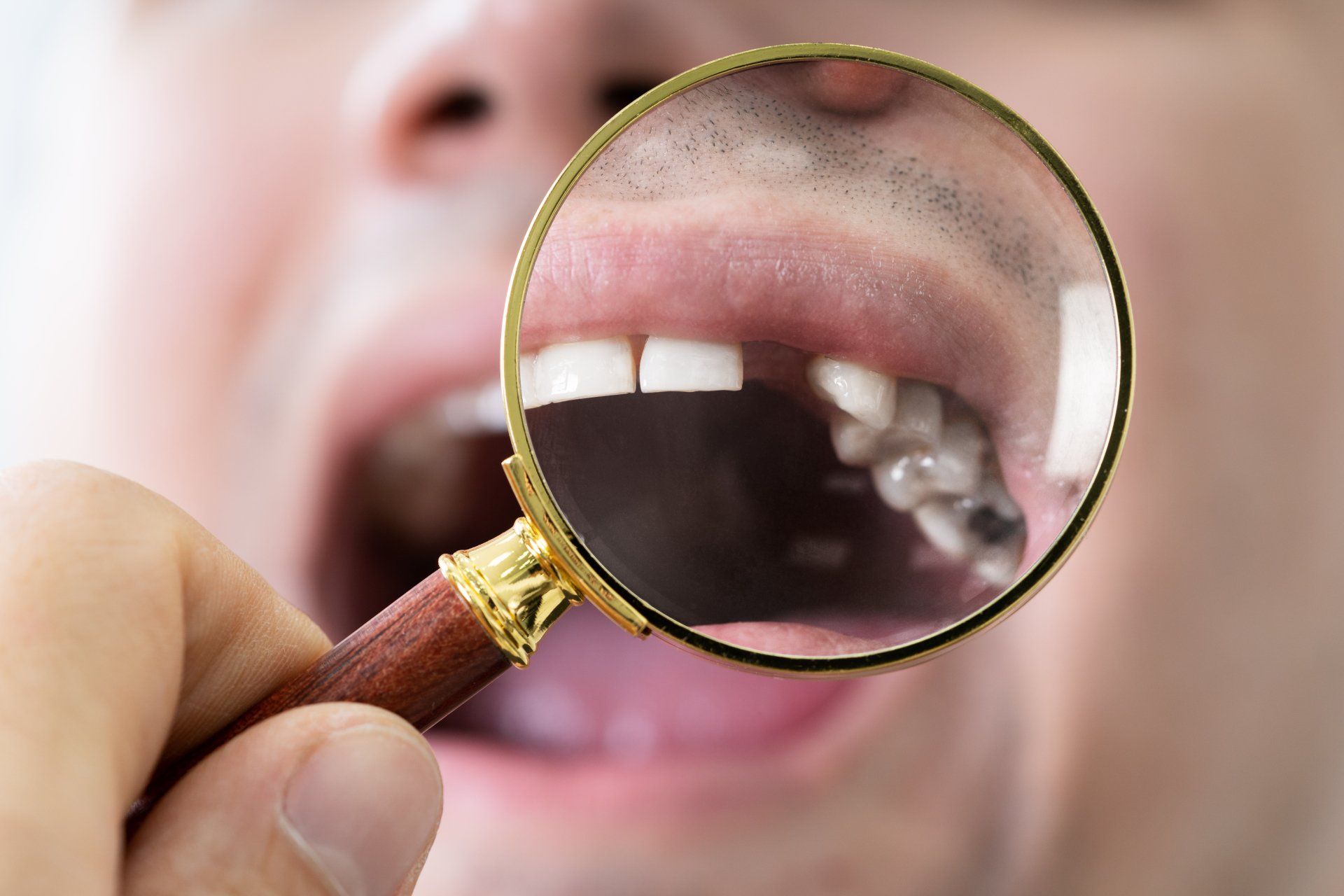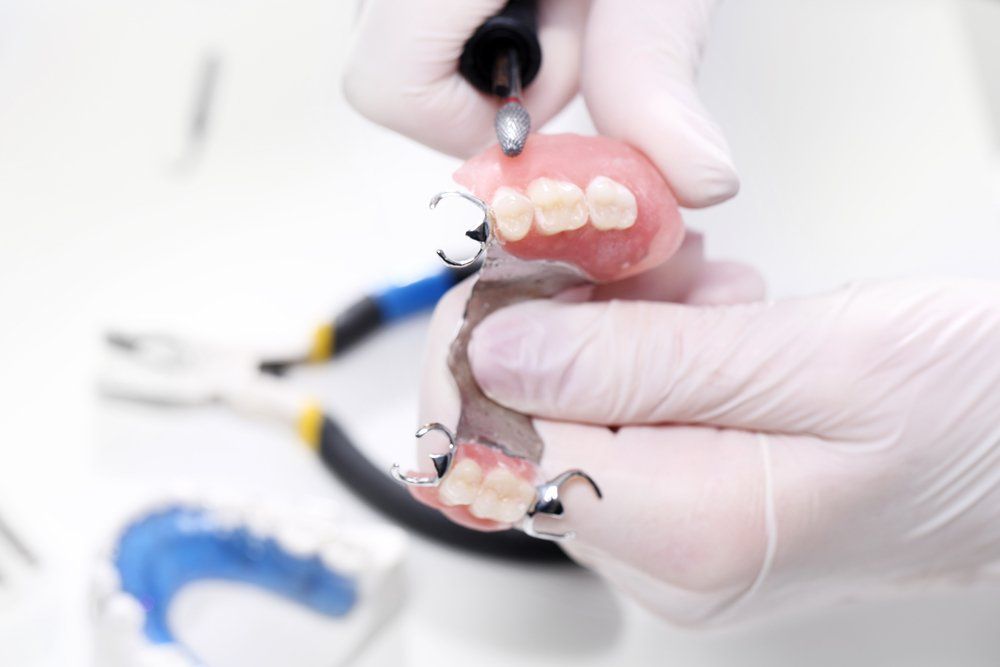4 Tips for Cleaning your Dentures
For those of you with dentures, oral care may not seem as important as it did when you had your natural teeth. However, nothing could be further from the truth. In fact, they’re prone to getting stained and acquiring buildups of plaque and tartar, making frequent cleaning essential for keeping your smile healthy and radiant. Additionally, cleaning your gums is an important step in preventing disease (your oral health is closely tied to your overall well-being) and this isn’t something you should neglect. Here are four tips for keeping your dentures in top shape.
1. Soak and rinse your dentures daily
You should always soak your dentures overnight. Be sure to immerse them in a denture-specific solution, which can be purchased by the bottle or as tablets that get dissolved in warm water.
Before placing your dentures back in your mouth, rinse them thoroughly to ensure that any residue from the solution gets washed away (it could be harmful if ingested).
2. Don’t forget to brush!
Keep your breath fresh and your smile white and dazzling by brushing your teeth and gums daily. There are some special considerations where dentures are concerned, and you should be sure to avoid whitening toothpastes, stay away from stiff or harsh toothbrushes and keep clear of strong cleaners.
When brushing your dentures, check to make sure that you’ve successfully cleaned off every bit of food. Afterwards, move on to brushing your gums. In order to avoid irritation, you should be sure to use a soft-bristled toothbrush. As always, before placing your dentures in your mouth, don’t forget to give them a thorough rinse.
3. Handle with care
There are a couple of extra things to remember if you want to ensure that your dentures last their full lifespan. For starters, you should avoid soaking or rinsing your dentures in boiling water, as this can cause them to warp and deform. You should also steer clear of any solution containing chlorine, which will tarnish the metal fittings that dentures typically have. Finally, when rinsing your dentures, place a towel in the sink in order to reduce the chance that they’ll break if you drop them. Overall, as long as you treat your dentures with care, they should stay in great condition for years to come.
4. Book a professional cleaning
Another key to maintaining good oral health is to get a professional cleaning of your dentures conducted regularly. Eden Denture Clinic in Winnipeg is happy to offer this service. We can also provide you with denture implants, denture relines and denture repairs. Contact us to schedule an appointment today!









